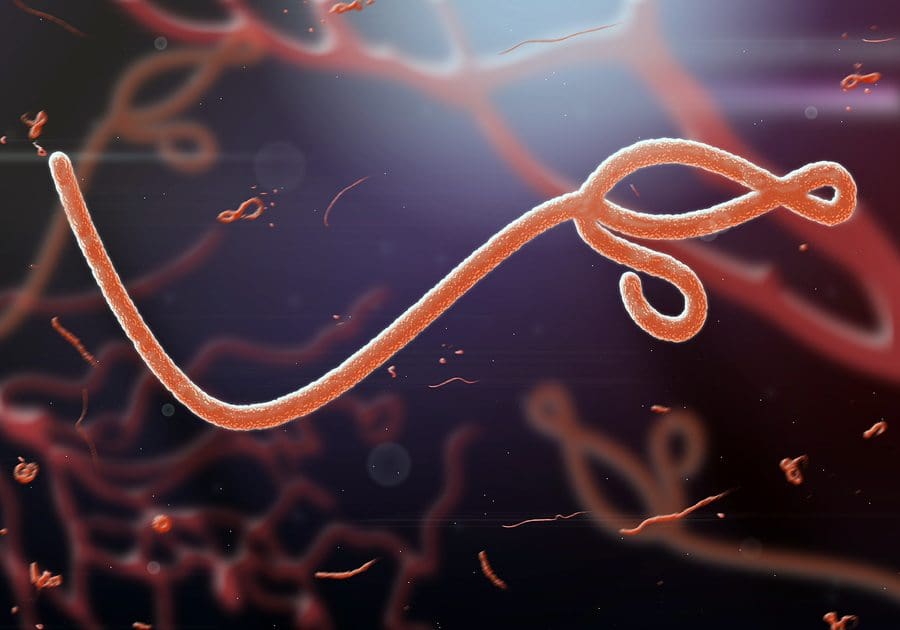What You Need to Know About Ebola

If the mere mention of the Ebola virus terrifies you, you’re not alone. While we’ve yet to see more than a handful of cases in the U.S., a number of state governors—and the pentagon—are mandating monitoring and/or quarantines for healthcare professionals, military troops and foreign visitors who may have had contact with infected individuals while in the West African nations of Guinea, Liberia and Sierra Leone.
According to the World Health Organization (WHO), the number of reported Ebola cases in the current outbreak topped 10,000 as of mid-October—and nearly 5,000 individuals had died of confirmed, suspected or probable cases. However, almost all of these deaths were in the three West African nations at the center of the epidemic.
Within the U.S., there has been only one death. Experts from the Centers for Disease Control and Prevention (CDC) have stated repeatedly that the risk of a serious outbreak of Ebola within North America is extremely low, though many Americans are still concerned. If you’re among them, consider these facts you need to know about the virus.
- Ebola symptoms generally start to show within 21 days of contracting the virus. Most cases develop within eight to 10 days. Until early symptoms—including fever, headache, fatigue and nausea—are present, a person with Ebola is not contagious.
- Few Americans are actually at risk of contracting Ebola. If you haven’t been to Guinea, Liberia or Sierra Leone recently, and are not a healthcare worker who has participated in the treatment of the few U.S. Ebola cases, there is virtually no way you could have caught it.
- Ebola is not airborne (like the flu or the common cold virus), nor does it spread through casual contact. Rather, you must have direct contact with the bodily fluids of someone showing symptoms. Bodily fluids include saliva, sweat, tears, vomit, blood, urine and feces. The two nurses who contracted the virus while treating an Ebola patient in Dallas earlier this month were dealing with copious quantities of these fluids. (Incidentally, they both survived with treatment).
- Should Ebola become more widespread, you can take steps to reduce your chances of contracting it. You should already be taking the first two if you want to minimize your risks of catching cold viruses and the flu. These steps include:
- Frequently washing your hands with soap and water or an alcohol-based hand sanitizer
- Avoiding touching your face, eyes or other mucus membranes with unwashed hands
- Avoiding contact with blood and other bodily fluids
- Avoiding items that may have come into contact with an infected person’s blood or bodily fluids (including clothes, bedding and needles)
- Avoiding handling the bodies of anyone suspected to have died from Ebola
